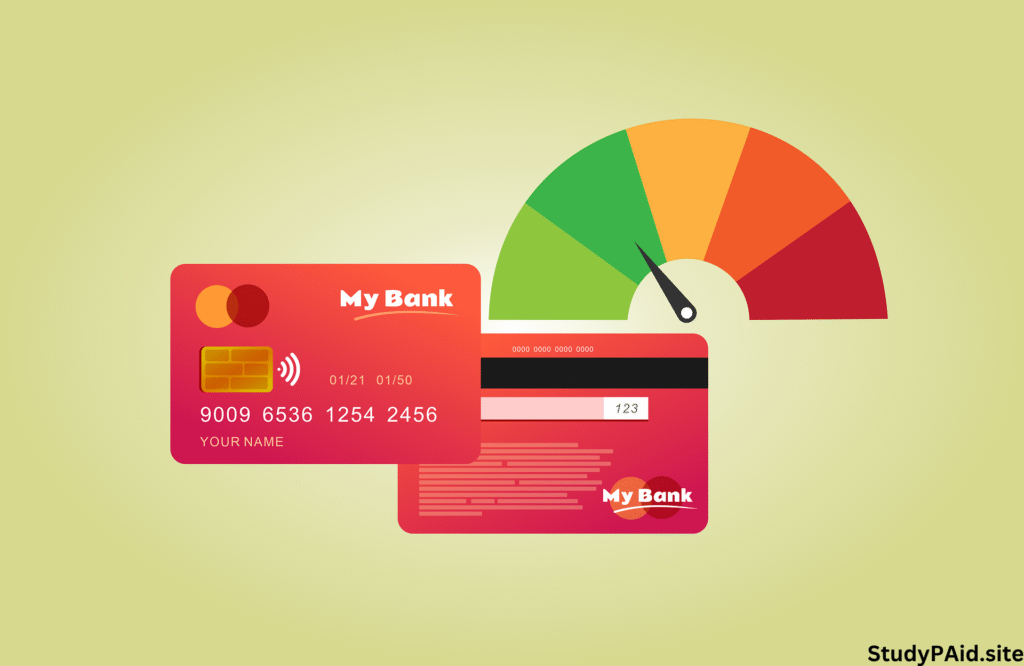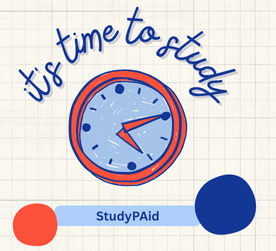Summary
A lot has changed in the world of student loans recently, and a lot of it may affect students’ credit scores right away. Since student loans have put millions of Americans in debt, understanding the correlation between these loans and improved credit is critical. This article takes a look at how consumers’ credit scores have been affected by recent government rules, debt forgiveness programs, and payment adjustments, and what they may do to take advantage of these developments.
Student Loans and Credit Scores: How They Relate
Your Credit and Student Loans: How They Affect It
A student loan is an example of an installment credit. Like a mortgage or car loan, they have several effects on your FICO and VantageScore:
-
If you have a history of making payments on time, your payment history accounts for 35% of your FICO score.
-
Credit History Length: This condition may be easier to meet with older loans.
-
A combination of installment and revolving credit is an excellent way to build credit.
-
High balances compared to the original loan amounts may have a major impact.
Declining Credit Scores: What Gives?
-
Accounts receivable or overdue
-
Debts that fall into default or are collected
-
Little effect, but can suggest inconsistent payment, is deferral or forbearance.
-
Excessive sums with no indication of repayment
Changes to the Rules Regulating Student Loans
1. Repayments for Student Loans Are Now Being Made
Federal student loan payments resumed in October 2023 after a lengthy interruption caused by the outbreak. There are positive and negative effects on credit scores from this change, which caused millions of borrowers to restart their payment plans:
-
Positive Impact: When payments are resumed and reported on schedule, it improves the payment history.
-
Delinquency may be a consequence of financial difficulties or missing payments, which can have a negative impact.
2. The New Beginnings Program for Defaulting Loans
The U.S. Department of Education’s Fresh Start Initiative allows borrowers who have defaulted on their loans to re-enter payments in good standing. Once you’ve enrolled:
-
The default status is no longer shown on credit reports.
-
As soon as debts are marked as “current,” credit scores may increase dramatically.
-
The income-driven repayment (IDR) scheme is open to debtors again.
3. A One-Time Account Change
One major policy change that happened in 2024 was the One-Time IDR Account Adjustment, which extended the time it took for income-driven programs to forgive debt. To name only a handful:
-
The whole loan amount was canceled.
-
A more clear credit profile was the outcome of debt consolidation.
-
Credit scores for a lot of individuals went up because of changes to their loans.
Why Have Credit Scores Been Going Up Lately?
Preventing Loan Defaults
Borrowers’ credit scores often increased by 50 to 100 points after participating in the Fresh Start Program, as their defaulted loans were removed from their credit reports.
a. Government Work: Debt Relief and Repayment Plans
Loan Forgiveness (PSLF), IDR forgiveness, and borrower defense claims have reduced total liabilities and improved debt-to-income ratios, which indirectly help to credit health by reducing substantial sums of debt.
c. Improved Bank Records
Restarting payments under acceptable programs like SAVE (Saving on a Valuable Education) encourages many debtors to continue making regular payments, which improves their payment history—the most significant component in credit rating.
Variations and Synonyms of Keywords with an SEO Emphasis
For better search engine optimization, consider these more relevant search terms and how they naturally integrate into the content:
-
Student loan forgiveness and credit scores
-
Modifications to the impact of student loans on credit ratings
-
The best way to improve your credit score with student loans
-
Improving credit ratings for borrowers in arrears on college loans
-
Increased creditworthiness as a result of previous loan modifications
Search engines like Google and Bing find the material more easily since these terms are naturally integrated within it.
What Lenders Should Do Next
1. Monitor Your Credit Reports Regularly
Use tools like AnnualCreditReport.com to check your credit report with each of the three major bureaus: Equifax, TransUnion, and Experian. Please confirm:
-
We will remove your default status if you meet the requirements.
-
Payments are reported accurately.
-
A balance of zero is shown for loans that have been closed or forgiven.
2. Join a Repayment Plan That Fits Your Budget
Alternatives, like as the SAVE plan, may allow you to reduce your monthly payment to zero while still accruing toward forgiveness if you are eligible. Your credit score will go up if you can prove that you pay your bills on time and at a reasonable amount.
3. Use Strategies for Building Credit
Improving your credit score is still possible if you have outstanding student loan balances:
-
Always pay your bills and obligations when they’re due.
-
Keep your credit card balances modest.
-
Do not close any of your existing credit accounts.
-
Consider applying for a secured credit card if your credit history is limited.
Answers to Common Questions
Would a Higher Credit Score Be the Outcome of Student Loan Forgiveness?
Yes, especially if the loan’s amount was substantial or if it was in default. Forgiven loans reduce your total debt and erase negative information from your credit report.
Will Repaying Debt Have a Negative Impact on My Credit Score?
Occasionally, to a little degree, yes. When you pay off your student loans, you may see a shift in your average account age or credit mix. But in the long run, things work out OK or even better due to the less debt burden.
Can I Have My Credit Report Cleaned Up of Defaulted Loans?
Yes, I agree. If your defaulted student loans are removed or updated in accordance with the regulations of the Fresh Start Program and credit restoration, you may see a considerable improvement in your credit score.
Case Study
At the age of 32, Maria owed $45,000 in federal school obligations. She was a nurse. Due to her default during the outbreak, her score dropped to 580. By 2024, she had signed up for the SAVE Plan, removed the default from her report, and became a member of the Fresh Start Program. Her credit score went from 620 to 690 in the span of six months.
The need of being informed and the real-life consequences of recent federal legislative changes are highlighted by this.
In Conclusion
Understanding the connection between student loans and improving credit is more crucial than ever. In 2024 and 2025, there will be new laws, relief programs, and repayment alternatives available, and many borrowers are seeing unforeseen boosts in their credit ratings. Check your credit, enroll in a cost-effective plan, and apply for government programs that might help you restore your financial future if you are currently managing student loan debt.
